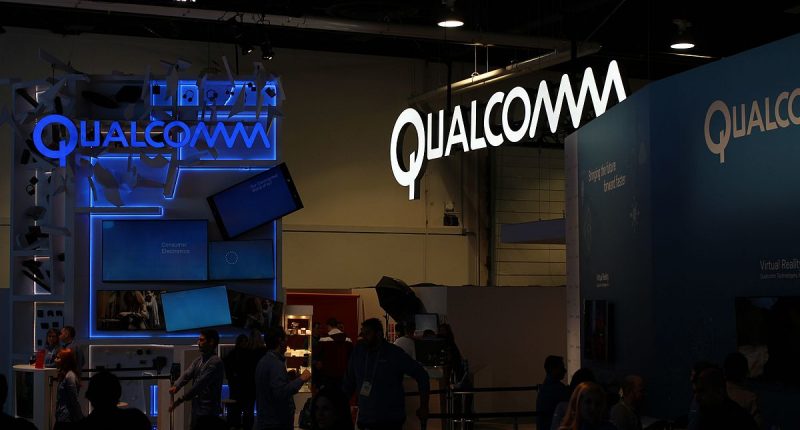Californian semiconductor giant Qualcomm has acquired ‘MovianAI Artificial Intelligence (AI) Application and Research JSC’ (MovianAI) – the generative AI division of VinAI – for an undisclosed amount. This strategic move is expected to strengthen Qualcomm’s capabilities in artificial intelligence (AI), which is currently the hottest trend in the tech industry.
Notably, MovianAI has been recognized for its innovative work in generative AI, developing cutting-edge algorithms and applications. Therefore, by integrating MovianAI’s expertise, Qualcomm aims to enhance its AI-driven solutions, particularly in the domains of mobile platforms, automotive technology, and IoT devices.
“We are ready to contribute to Qualcomm’s mission of making breakthroughs in fundamental AI research and scale them across industries, including smartphones, PCs, software-defined vehicles, and more,’ Dr. Hung Bui (Founder and CEO, VinAI) said in his statement.
Interestingly, these two companies – VinAI (a subsidiary of Vingroup established in 2019) and Qualcomm have a history of collaboration. Earlier in May 2023, VinAI partnered with Qualcomm to launch GuardPro, an AI-powered safety and compliance solution for smart cities. GuardPro utilizes advanced computer vision technologies to monitor residential and commercial buildings in real-time, enhancing safety and compliance. The AI models for GuardPro were developed for Qualcomm Cloud AI 100 hardware using VinAI’s high-throughput video analytics SDK, leveraging Qualcomm AI Stack tools.
Additionally, in the same year (2023), Viettel IDC, VinAI, and Qualcomm signed a strategic cooperation agreement to research, develop, and promote AI solutions in Vietnam. Under this agreement, Viettel IDC planned to integrate VinAI’s AI camera solutions, based on Qualcomm’s platform, into its product and service offerings.
The development becomes noteworthy, especially since Qualcomm is currently facing tough competition from companies like Nvidia, which specializes in AI-centric GPUs and accelerators. Nvidia’s GPUs, particularly the A100 and H100, are widely recognized for their immense performance in generative AI workloads. At the same time, for Qualcomm to remain competitive in the generative AI domain, it must optimize its chips for both performance and energy efficiency.
However, to remain relevant in the booming AI market, Qualcomm launched its Snapdragon X chipset at the start of this year, bringing AI-powered capabilities to mid-range Windows PCs. The chipset is designed to provide advanced AI features like voice recognition, real-time image enhancement, and automated document editing, all while maintaining efficiency and extended battery life.
In terms of numbers, Qualcomm witnessed strong growth, with a 12% revenue increase in 2024 ($40.70 billion) and a 36% rise in net income ($10.56 billion). But, the company faces challenges in the AI sector, as competition in AI-focused chips intensifies. The scenario is significant considering the global AI chip market (valued at $52.92 billion in 2024) is projected to reach $295.56 billion by 2030. In fact, in 2023, the overall market for data-center AI chips was $17.7 billion, with NVIDIA accounting for 65% market share. Intel held 22%, and AMD had 11%, leaving less than 3% for other companies.
The Tech Portal is published by Blue Box Media Private Limited. Our investors have no influence over our reporting. Read our full Ownership and Funding Disclosure →






